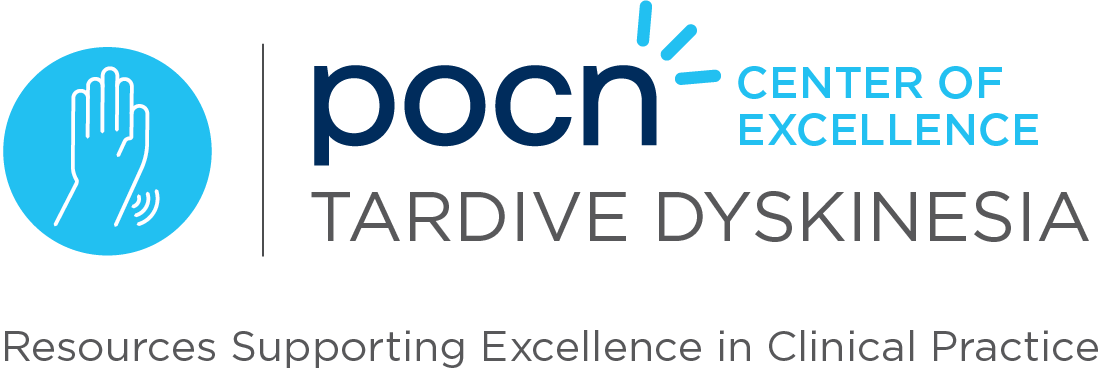UpToDate provides information on the prevention, treatment, and prognosis of tardive dyskinesia (TD). The disorder is linked to the use of dopamine receptor-blocking therapies that include first- and second-generation antipsychotics. TD commonly presents as spontaneous mouth and tongue movements. A less common feature of TD is dystonia of areas including the neck. TD has a negative impact on quality of life and psychologic wellbeing, as it may be irreversible and lifelong. Discontinuing the therapy that is causing TD is the best chance for a patient to recover.



